Do People Really Get Sicker in the Fall? Debunking Seasonal Myths
Does the changing season really affect your mood? Is weight gain tied to fall? Busting common myths about autumn and spring can offer some surprising insights.
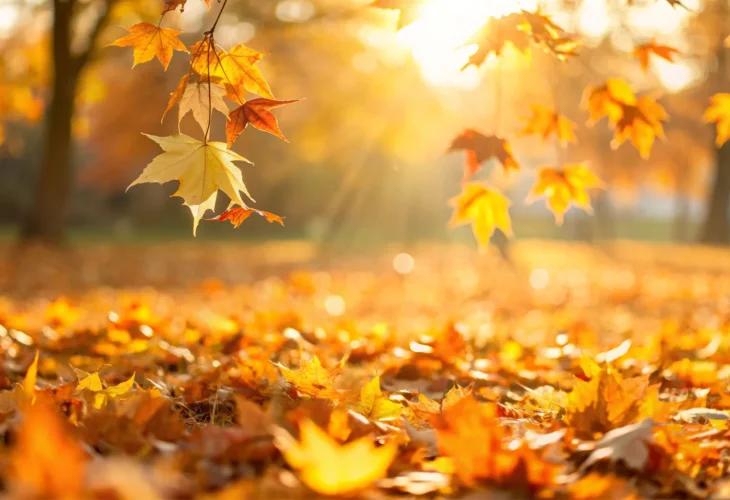 Fall is already here (Photo: shutterstock)
Fall is already here (Photo: shutterstock)Fall has arrived, bringing with it plenty of myths. Do we really get sick more during seasonal transitions? Are allergies just a spring thing? And when is the best time to plant? We set out to investigate these myths and see how grounded in fact they are.
Myth 1: Seasonal Transitions are the Sickest Times of the Year
Truth: While feeling under the weather is more common during transitions, there's no scientific evidence proving they are the sickliest times of the year. Sure, changing weather can weaken immunity, leading to colds and flu. However, factors like population density, exposure to pathogens, and personal hygiene habits play a larger role.
 (Photo: shutterstock)
(Photo: shutterstock)The Research: Studies indicate that lack of sleep, poor diet, and stress can weaken the immune system and increase the likelihood of sickness, irrespective of the season.
Myth 2: Allergies Only Appear in Spring
Truth: While spring is vibrant with flowers and pollen, key allergy triggers can occur year-round. Allergens like mold and household dust can cause allergy symptoms throughout the year.
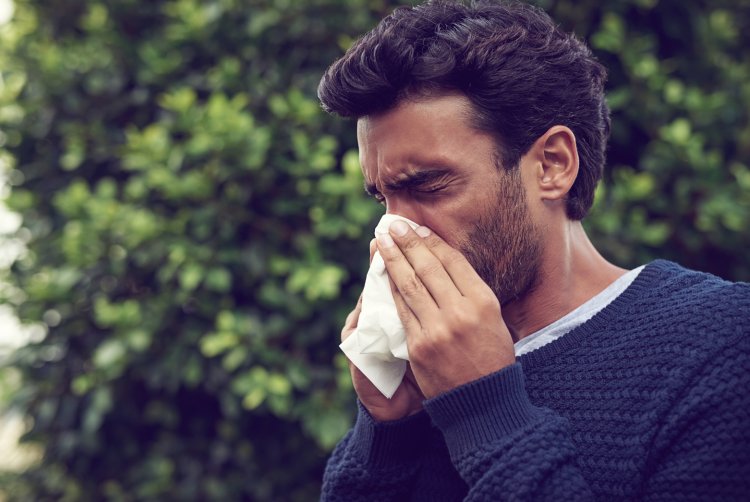 (Photo: shutterstock)
(Photo: shutterstock)The Research: Climate changes, such as temperature increases and precipitation variations, can affect the season and distribution of different allergens.
Myth 3: Seasonal Changes Impact Mood
Truth: The link between seasons and mood changes is widely studied. While some people experience mood shifts during transitions, no scientific evidence suggests the seasons themselves cause these changes. Factors like lack of sunlight, changes in sleep habits, and diet can contribute to feelings of depression and fatigue.
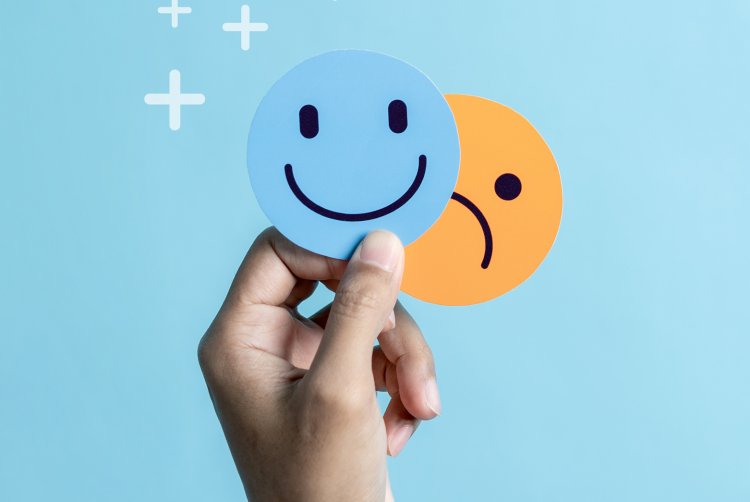 (Photo: shutterstock)
(Photo: shutterstock)The Research: Seasonal Affective Disorder (SAD) is linked to decreased daylight. Light therapy can ease SAD symptoms.
Myth 4: The Best Time for House Cleaning is During Seasonal Transitions
Truth: There's no specific scientific reason to clean house during transitions. However, maintaining clean habits is crucial for a healthy environment, regardless of the season.
 (Photo: shutterstock)
(Photo: shutterstock)The Research: Dust exposure and other allergens can worsen asthma and allergy symptoms. Thorough cleaning can help reduce exposure to these allergens.
Myth 5: Seasonal Transitions are the Best Time to Plant
Truth: The right time for planting depends on the plant type and your geographical area. Some plants can be planted in spring, while others in fall. Consulting a gardening expert is key to choosing the right time to plant.
 (Photo: shutterstock)
(Photo: shutterstock)The Research: Gardening studies focus on how environmental conditions like temperature, sunlight, and precipitation affect plant growth and development.
Myth 6: Seasonal Changes Lead to Weight Gain
Truth: There's no direct link between seasonal changes and weight gain. Weight gain stems from excessive eating and lack of exercise. However, shifts in eating and activity habits during transitions might contribute to weight gain.
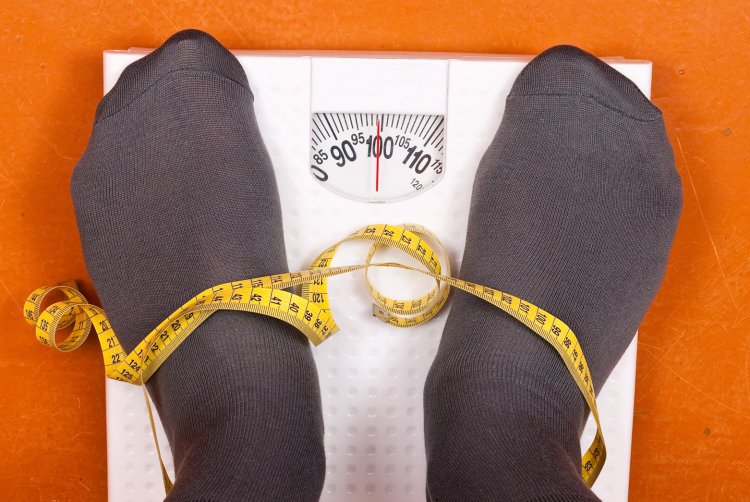 (Photo: shutterstock)
(Photo: shutterstock)The Research: Hormonal changes, such as reduced serotonin levels, can influence eating behavior and create cravings for sweet and processed foods.
Myth 7: Seasonal Changes Cause Sleep Disruptions
Truth: Disrupted sleep routines are more common in transitions, but the reasons vary. Temperature changes, light variations, and stress associated with season shifts can affect sleep quality. However, not all sleep disturbances are directly tied to the seasons. Poor diet, use of electronics before bed, and chronic stress can also impact sleep.
 (Photo: shutterstock)
(Photo: shutterstock)The Research: A large-scale study found increased treatment for sleep disorders during fall transitions. Researchers suggest that daylight changes and hormonal shifts may disrupt the biological clock, leading to difficulty sleeping. Animal studies align with these findings, supporting a link between seasons and sleep.
Myth 8: Fall is the Best Time to Start a Diet
Truth: There's no "good" or "bad" time to start a diet. Success depends on many factors, like motivation, a balanced diet, regular exercise, and personal needs. Some might feel more motivated to start a diet during transitions, but remember that dieting should be a long-term process, not just a seasonal project.
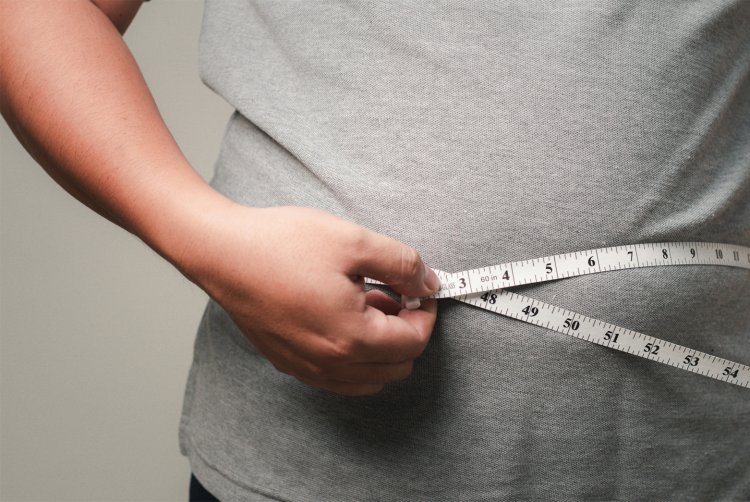 (Photo: shutterstock)
(Photo: shutterstock)The Research: Studies on eating behavior across seasons show higher calorie intake in colder months like fall and winter due to a need for warmth, psychological comfort, and less exercise. However, other studies found no significant difference in diet success across seasons.

